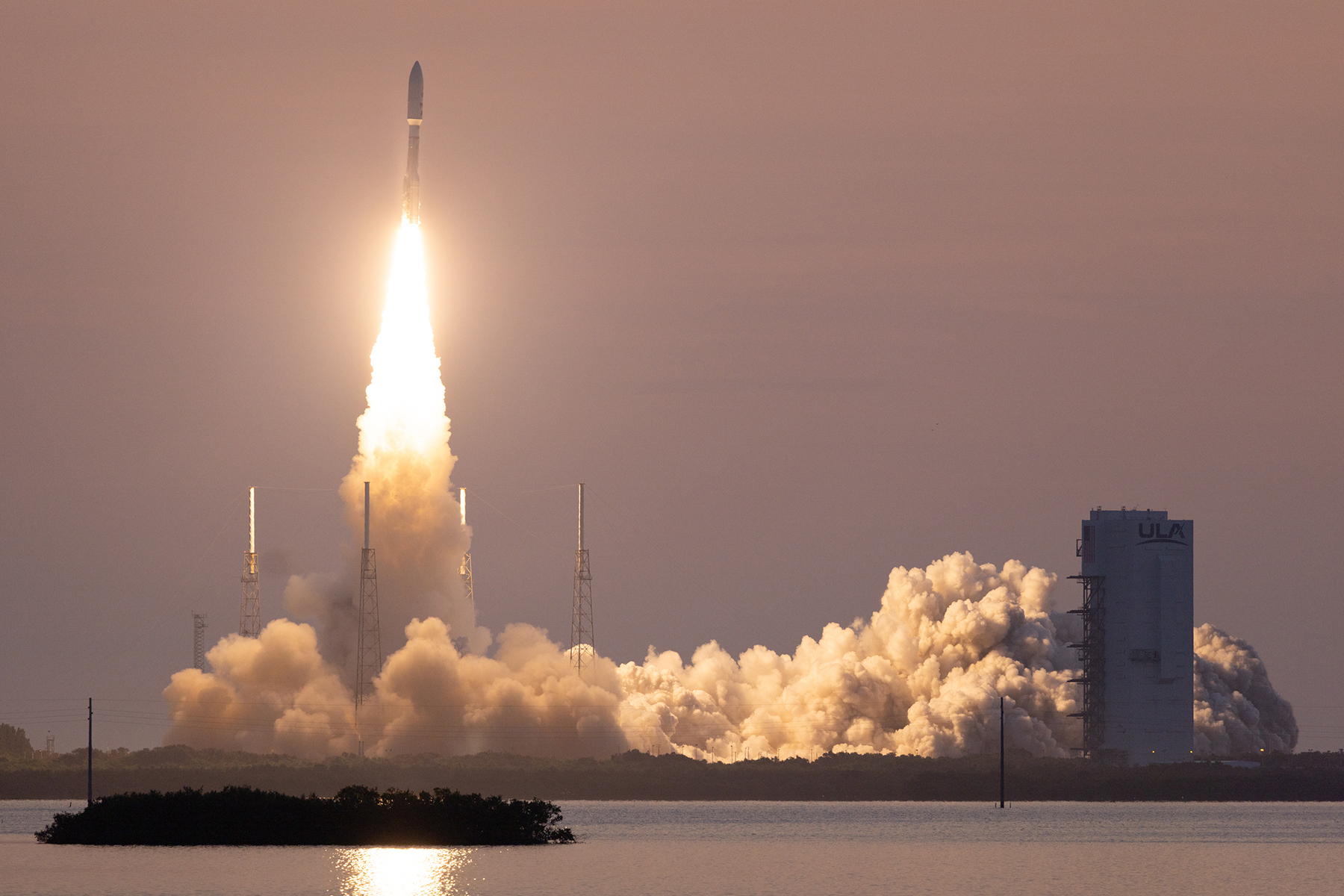WASHINGTON — The U.S. Space Force has increased the value of its launch contracts with United Launch Alliance (ULA) and SpaceX by nearly $1.8 billion, citing a significant growth in projected missions under the five-year agreements awarded in 2020.
This boost comes as a result of a surge in demand for launches under the National Security Space Launch (NSSL) Phase 2 program.
ULA, a joint venture between Boeing and Lockheed Martin, will see its contract value rise by $1.1 billion, bringing its total to $4.5 billion over the five-year period. SpaceX’s contract will increase by $661 million, reaching a new total of $4 billion.
A spokesperson for the Space Force’s Space Systems Command explained: “These contract modifications are necessary to increase the estimated total contact dollar value due to the increase in estimated mission quantities that will be ordered under the Phase 2 contract.”
When initially laid out in 2019, the NSSL Phase 2 contract was expected to encompass 34 missions, with a 60/40 split between ULA and SpaceX. However, the demand for space launches has since grown substantially, with the program now projected to include 49 missions. Even though ULA won 60% of the Phase 2 missions and SpaceX 40%, the Space Systems Command said ULA will end up with 54% and SpaceX with 46% due to ULA’s Vulcan rocket schedule setbacks.

The spokesperson emphasized that the contract modification announced July 19 does not affect the upcoming NSSL Phase 3 manifest, as all 49 Phase 2 missions will be ordered before the Phase 3 Lane 2 contract begins.
The NSSL program aims to ensure reliable access to space for critical national security payloads.
ULA and SpaceX have been the sole providers for the NSSL Phase 2 program. ULA on July 30 launched its first NSSL Phase 2 mission on an Atlas 5 rocket as it prepares to transition to its Vulcan Centaur next-generation launcher. Blue Origin is expected to compete for NSSL mission under the Phase 3 procurement starting in fiscal year 2025.
The Space Force structured Phase 3 so new entrants in the coming years may have an opportunity to challenge the ULA-SpaceX duopoly in national security space launches.
Related
Read the original article here
